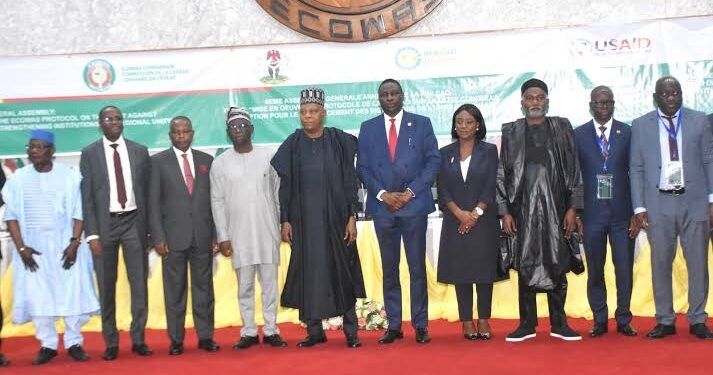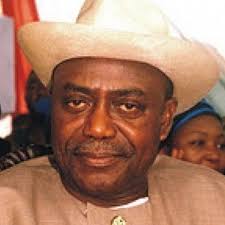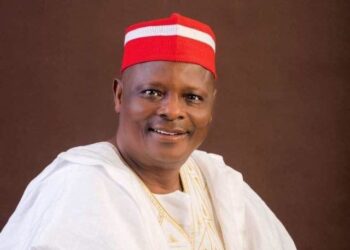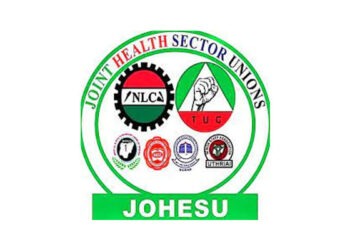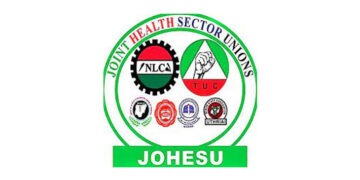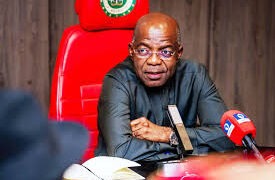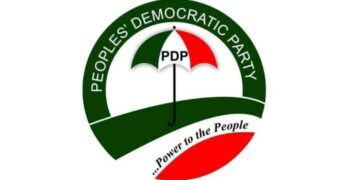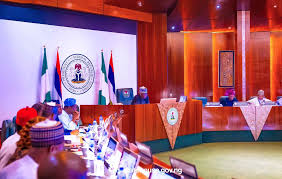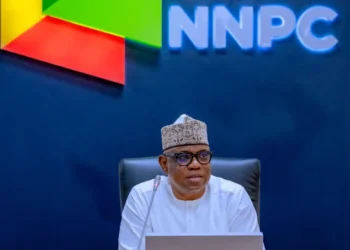President Bola Tinubu has called on member countries of the Economic Community of West African States (ECOWAS) to adopt and rigorously enforce the anti-corruption protocol within their jurisdictions. His appeal was made during the 6th annual general assembly of the Network of National Anti-Corruption Institutions in West Africa (NACIWA) held in Abuja.
Tinubu, represented by Vice-President Kashim Shettima, used the occasion to stress the importance of a coordinated and comprehensive approach to combating corruption in the region. Highlighting Nigeria’s commitment to the fight against corruption, Shettima announced that Nigeria would be donating an office building to serve as NACIWA’s permanent headquarters. This gesture is intended to provide NACIWA with a stable and central location from which it can coordinate its efforts against corruption more effectively.
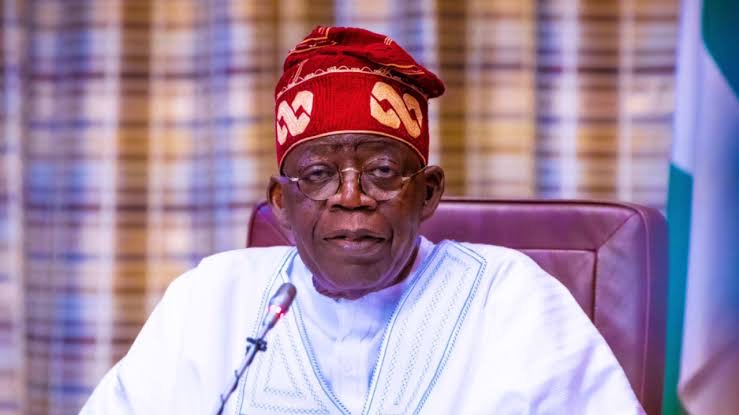
During his address, Shettima underscored the critical need for all ECOWAS member states to move beyond mere statements and to take concrete, actionable steps to close the legal loopholes that corrupt individuals frequently exploit. He emphasized that while the challenge of combating corruption is substantial, it is essential for all nations in the region to work collaboratively and leverage their collective strengths to build a formidable defense against corrupt practices.
Shettima assured the audience that the federal government remains fully supportive of anti-corruption agencies, ensuring they receive the necessary funding while maintaining strict non-interference in their operational matters. This support is crucial for enabling these agencies to function effectively and independently as they tackle corruption.
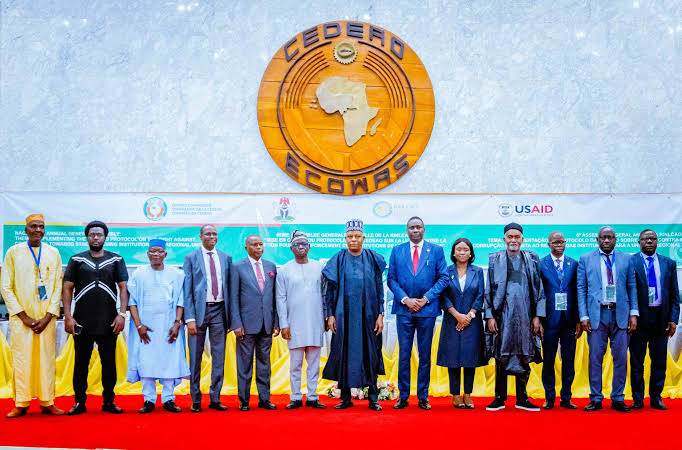
“The task before us is enormous,” Shettima said, “but our collective resolve and commitment are even greater. By working together, sharing best practices, and utilizing our diverse strengths, we can create a powerful and unified front against corruption throughout West Africa.”
He further called on all ECOWAS member states to ratify and implement the ECOWAS protocol against corruption without delay. “It is essential that we transition from commitment to action and from intention to implementation. The future stability and prosperity of our region depend on our ability to develop and uphold transparent, accountable, and efficient governance structures that genuinely serve the interests of our people.”
Shettima pointed out that corruption fundamentally undermines the very fabric of society, erodes public trust, and obstructs the equitable distribution of resources. As leaders, he said, it is their duty to confront these issues with unwavering resolve and concerted action.
The ECOWAS anti-corruption protocol, adopted in 2001, aims to harmonize and coordinate national anti-corruption laws across the region. Tinubu’s call to action is a reminder of the necessity for member states to ratify and implement this protocol effectively to establish a unified and robust stance against corruption in West Africa.


